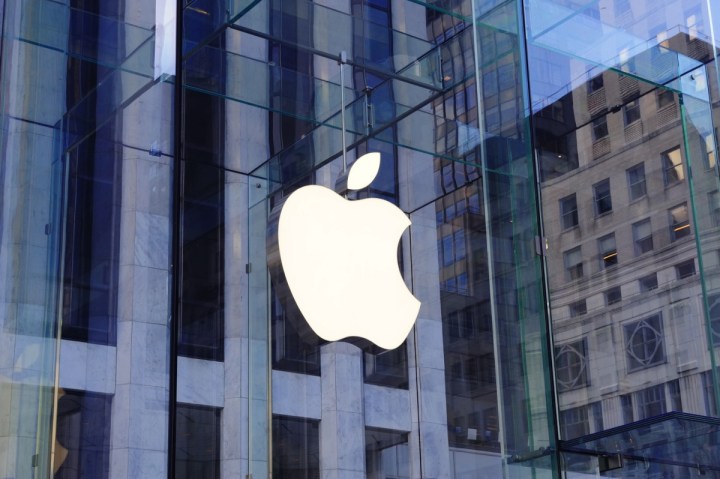
The Partnership on AI was announced in September 2016, with Amazon, Facebook, Google, Microsoft, and IBM all being named as founding members. Even at the time, Apple was somewhat conspicuous by its absence, given its status as one of the biggest companies in the tech industry.
Apple has long been involved with projects that are related to AI. The company’s virtual assistant Siri made her debut in 2011, well ahead of when Microsoft’s Cortana program made its debut, or the relatively recent launch of Google Assistant.
We’ve also seen signs that Apple wants to dive even further into this area of research in recent months. In October 2016, it was revealed that the company was preparing to open a new research and development center in Yokohama, Japan that would primarily focus on AI.
This development comes alongside further changes to the way that Apple goes about conducting its research behind the scenes. The company has a reputation for being secretive, but a recent change in policy allowed one of its AI researchers to publish their findings publicly for the first time in late 2016, according to a report from Bloomberg.
It seems likely that Apple is beefing up its involvement in the forward march of AI to benefit the iPhone. When CEO Tim Cook announced plans for a research facility in Yokohama, he suggested that the technology could help the device better manage its resources to enhance battery life, and that it could make improvements to the content recommendation systems used across the company’s digital storefronts.
Editors' Recommendations
- Here’s how Apple could change your iPhone forever
- The best ChatGPT plug-ins you can use
- Google quietly launches a new text-to-video AI app
- ChatGPT AI chatbot can now be used without an account
- How Intel and Microsoft are teaming up to take on Apple


